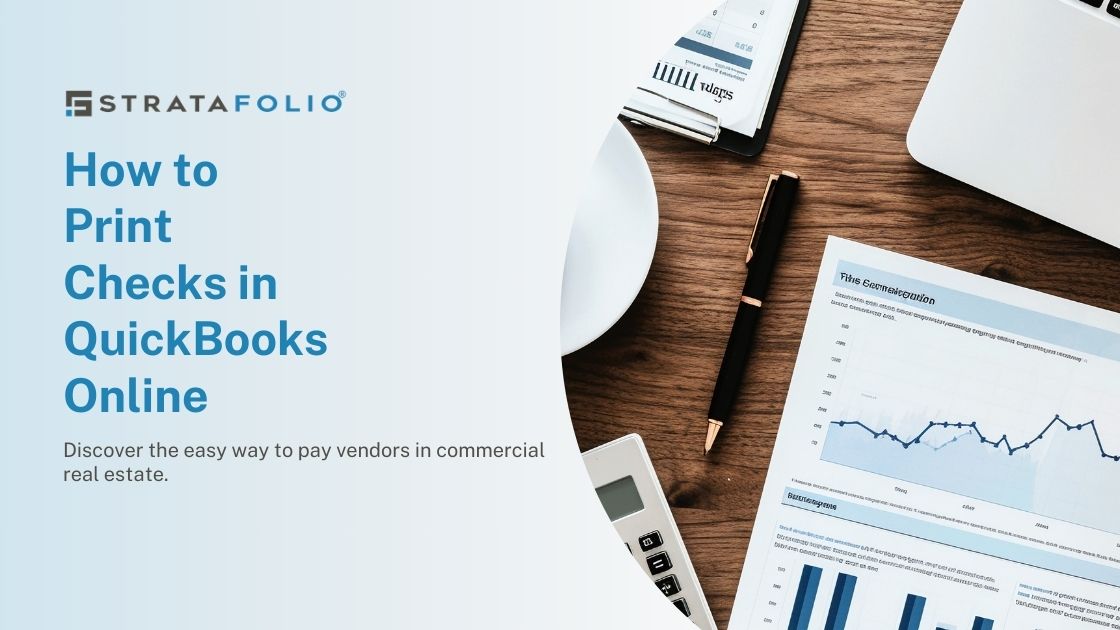In May 2018, the Financial Crimes Enforcement Network (FinCEN) issued a new rule called the Beneficial Ownership Rule. In a nutshell, this rule helps to prevent money laundering, the handling of terrorist property, and similar illegal activities. However, if you own real estate as part of a company, this new rule could impact you too. Here’s what you need to know!
According to the Beneficial Ownership Rule, also called the CDD rule, covered financial institutions need to:
- identify and verify anyone who owns 25% or more of the equity interests of a legal entity customer;
- identify and verify at least one person who is responsible for managing such a customer (such as CEOs, presidents, managing members);
- and put procedures in place for conducting ongoing Customer Due Diligence (CDD). This includes creating customer risk profiles and monitoring for suspicious transactions.
In short, if you’re taking out a loan under an LLC or another legal entity, to buy land or finance your real estate, you need to provide information about yourself and others who are involved in the business. Specifically, your lender must collect information on the primary person (or people) who own, control, and profit from your company. This information includes names, addresses, date of births (DOBs), and social security numbers (SSNs) or passport numbers.
The financial institution doesn’t have to independently validate the information that you provide to them. In most cases, they won’t do anything with the personal information aside from keeping it safely in a file. But, if there is a reason to believe the information is inaccurate or incomplete, the financial institution will dig deeper.
Want to know more? Let’s break down the terms we’ve just used.
What is a beneficial owner?
You are a beneficial owner if you have at least 25% ownership of a property, but the legal title of the property belongs to someone else (such as your LLC). There can be one or more beneficial owners. (Note: In some cases, you will still have to fill out the beneficial ownership paperwork even if you have less than 25% ownership in the LLC, depending on the lending institution involved).
Covered financial institutions and the Beneficial Ownership Rule
You can find a more detailed description within the rule itself, but in short, covered financial institutions (CFIs) include “U.S. banks, mutual funds, brokers or dealers in securities, futures commission merchants, and introducing brokers in commodities.” Almost all US financial institutions are covered by this regulation, including credit unions.
Is the CDD Rule the same thing as the Beneficial Ownership Rule?
Yes, some people call the Beneficial Ownership Rule the “CDD Rule.” “CDD” means customer due diligence. It is the process your lender uses to determine if you’re a risk. CDD is a key part of the Beneficial Ownership Rule because the rule aims to guard against fraud, laundering, and other illegal financial activities. So, that’s why some people use the terms interchangeably.
Do I need to declare a beneficial owner even if no individual has 25% or more ownership in the company?
In many cases, yes. It doesn’t matter if your company does not have any individuals with 25% or more ownership. You should still fill out the certificate indicating that there are no beneficial owners. It might be a good idea to ask your lender whether they need the certificate or not. Generally, the Beneficial Ownership paperwork should be completed by either a person with management responsibility or a person designated to establish bank relationships for their organization.
Use of beneficial ownership
Most of the time, financial institutions simply keep the customer due diligence information in their records. But sometimes, suspected money laundering or suspected fraud will trigger the need for beneficial ownership information. As part of the rule, financial institutions have to “conduct ongoing monitoring to identify and report suspicious transactions and, on a risk basis, to maintain and update customer information.” So, if this monitoring brings up any issues, the certificate provides the identity information needed to dig deeper and pursue the issue.
New ruling on FinCEN exemptions
FinCEN amended the May 2018 ruling on September 7, 2018, for CFI’s. The activities exempted from the beneficial rule include:
- Certificate of deposit rollovers
- Loan renewals, modifications or extensions where no new underwriting is required
- Commercial lines of credit or credit card renewals, extensions, or modifications where new no new underwriting is required
- Safety deposit box renewals
FinCEN believes these activities placed an unnecessary and large burden on CFI’s for activities that were low risk for laundering or terrorist-related transactions.
Learn how STRATAFOLIO keeps track of your Beneficial Owners for you, and when you’re ready, contact us for a demo.






